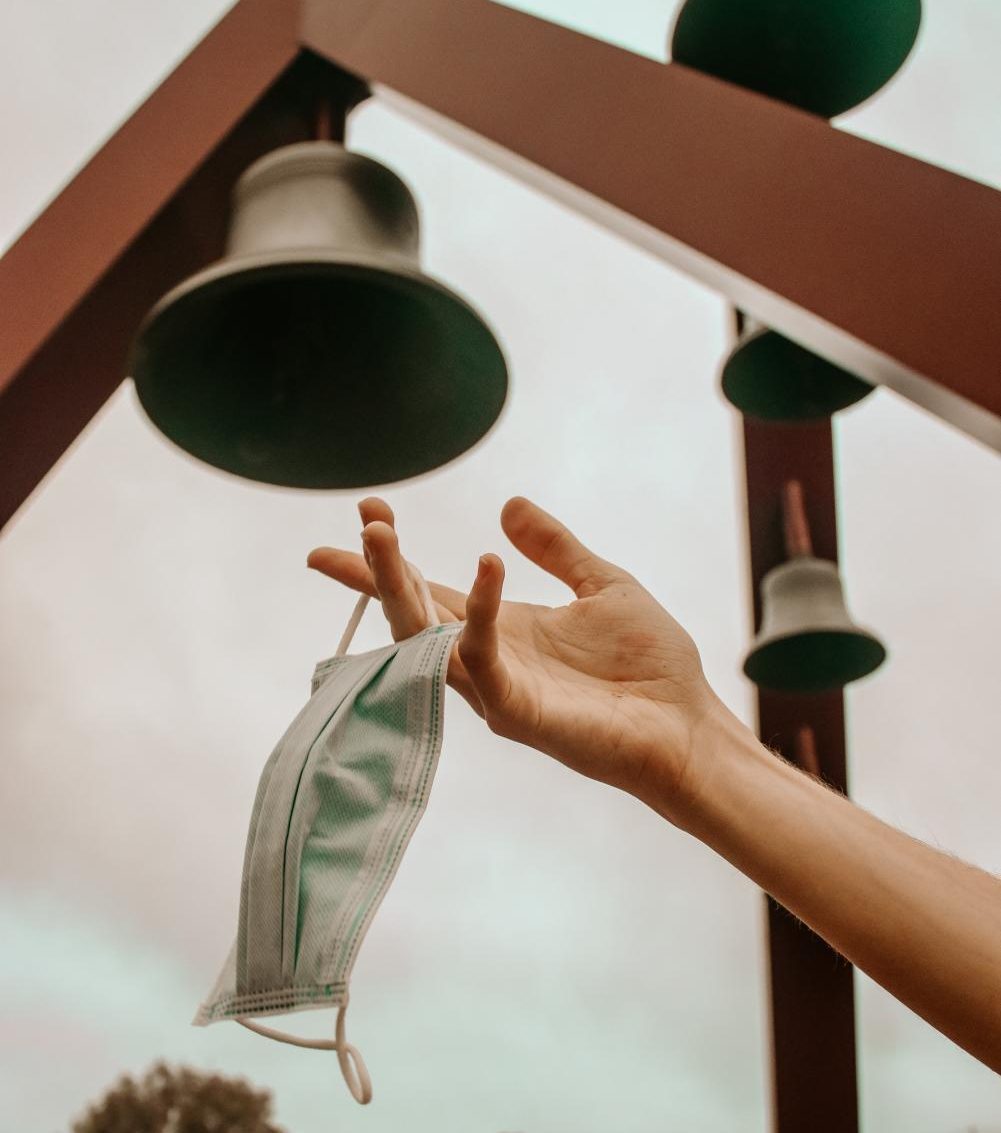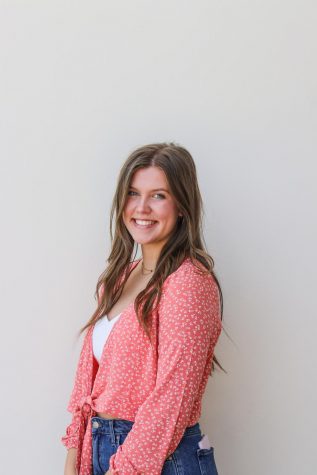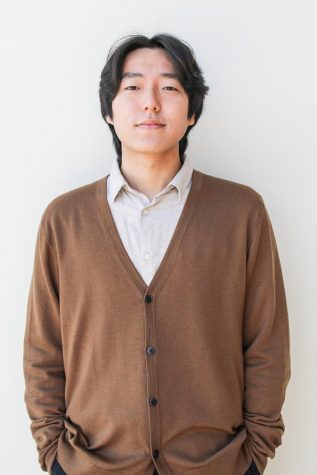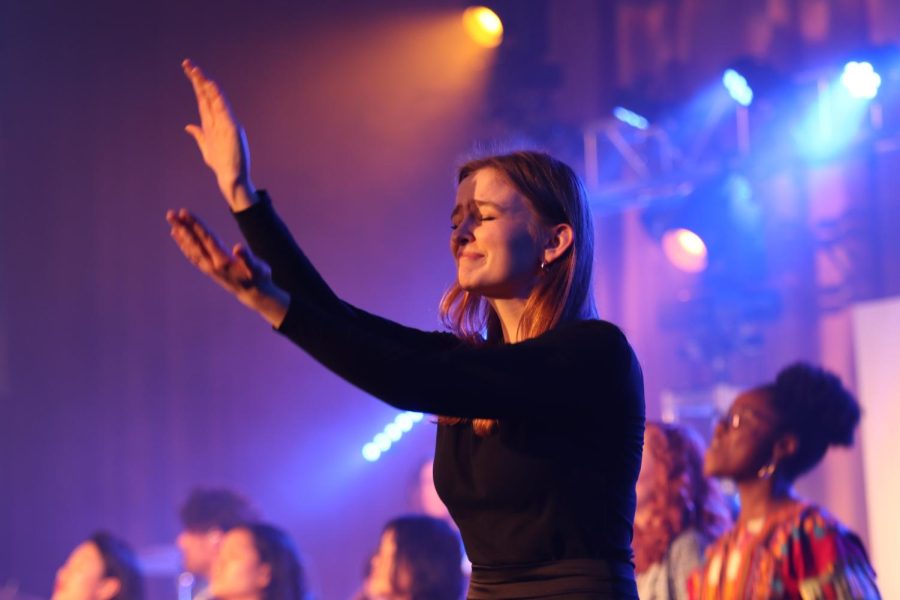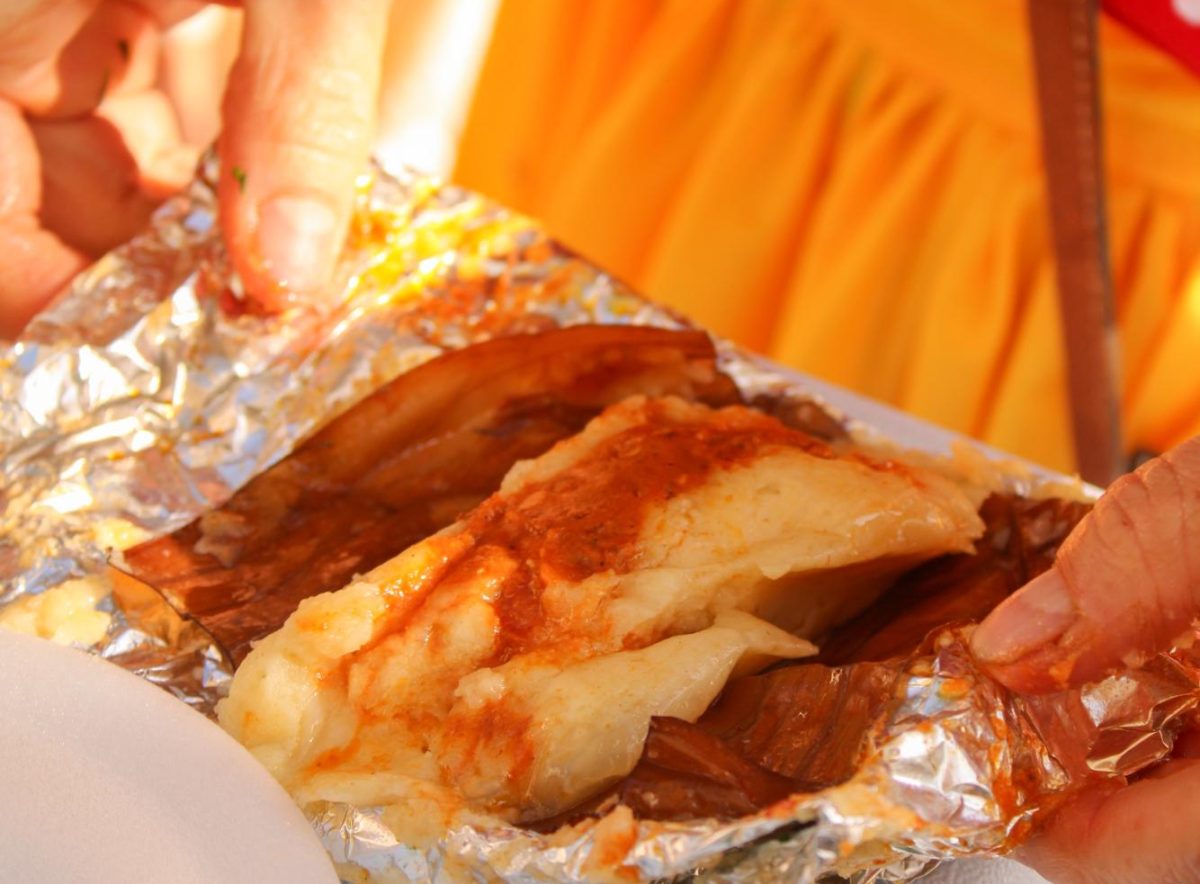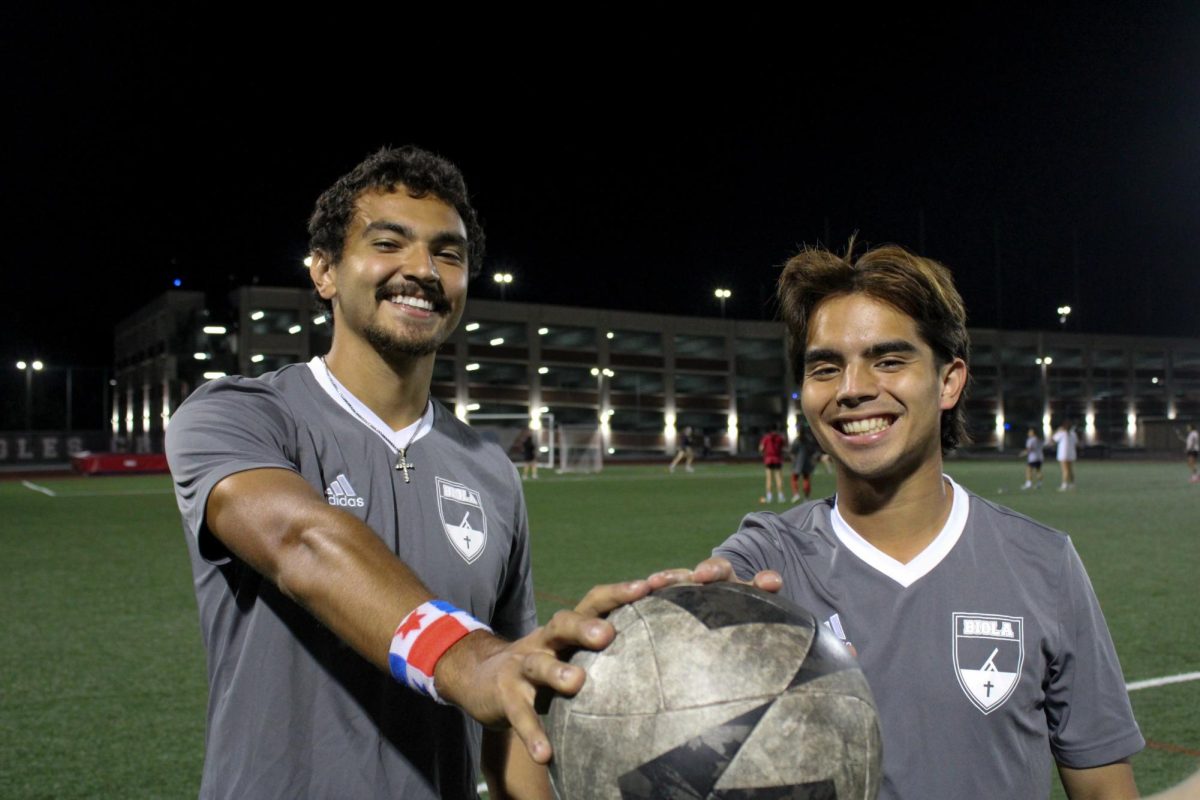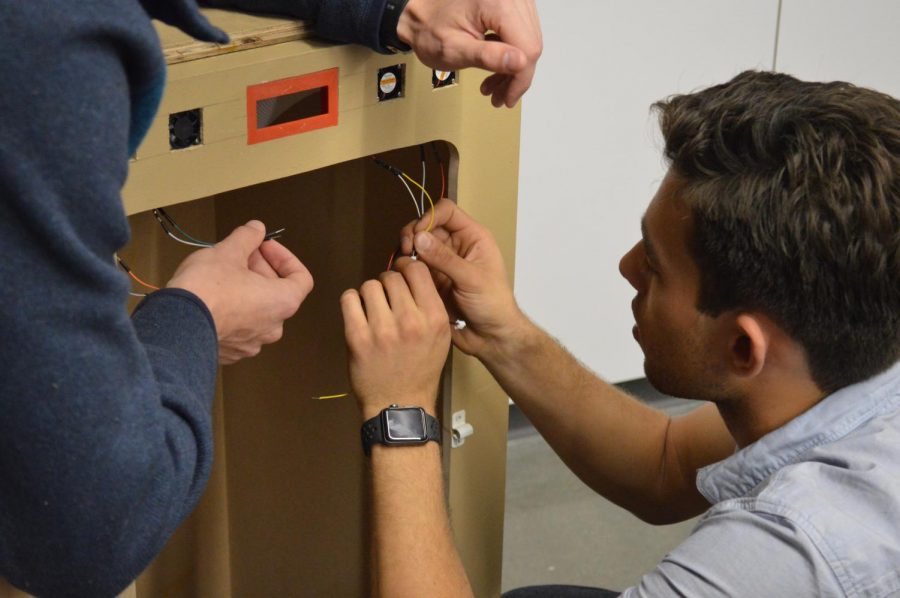(This story was originally published in print on Mar. 12, 2020).
Megan Catey flew home to Seattle for spring break, a trip she’s taken many times before. But this time, the junior kinesiology major’s flight home was different. Alaska Airlines Flight 465 from Los Angeles to Seattle was bare. Empty rows lined the airplane. The few faces she did see were covered by medical masks, although she could still see the frantic looks behind them.
As concerns about the novel coronavirus flood headlines, governments, organizations and universities are taking precautions to limit the spread of the sickness.
And at Biola, it’s no different.
“I am emailing you to clarify any rumors that might be circulating regarding COVID-19 at Biola,” said Andre Stevens, vice president for Student Development on Tuesday. “At this time, there are no confirmed cases of COVID-19 on Biola’s campus.”
UNIVERSITIES SHUTTING THEIR DOORS
Starting with the University of Washington on March 9, colleges across the U.S. have canceled in-person classes and large group events, transferred to online courses or shut down campus completely. The college shutdowns have reached California as well, including: UC Irvine, UC San Diego, UC Berkeley, USC, San Jose State University, Stanford University, Santa Clara University, Palo Alto University, Whittier College, Pomona College and Point Loma Nazarene University.
UCLA—only 34 miles away from Biola—has three students being tested for COVID-19 who are in self-isolation off campus. On March 11, UCLA transferred its in-person classes to online until April 10.
Azusa Pacific University has not yet cancelled classes, however, around 2,000 people signed an online petition to transfer courses online in attempts to keep the virus from spreading. The university has not made an official response to the petition yet.
There have even been reports of universities as far as the Midwest cancelling in-person classes, such as Ohio University, Boise State University and the University of South Carolina, following the lead of the University of Washington.
“It’s kind of scary hearing about the other schools around us that are going online and a lot of schools up in Seattle are going online,” Catey said.
Director of Communications Brenda Velasco clarified that though California has declared a state of emergency, that does not mean the state is at high risk. It is only a precaution to further prevent the spread of the virus.
“I think our students, if they can just be reassured that we’re safe, our campus is at low risk,” Velasco said.
EVENT CANCELLATION RUMORS
In the midst of multiple universities closing their doors, some students have been concerned Biola might cancel events and shut down in-person classes.
President Barry Corey addressed the unease in an email informing students that classes have not been officially canceled. However, the university is exploring options for different online platforms in case they move classes online, and will update students next week regarding the transition to remote delivery formats.
“The leadership team of the university is having those discussions and identifying, ‘What would we need to do if we needed to take classes online?’ So those conversations are happening so that we can be prepared if that needs to happen,” Velasco said.
University leadership is taking the situation two weeks at a time, as it’s difficult to predict the spread of the virus, Velasco said.
Events will be limited to 150 attendees in a single location until the end of March, according to an email sent out by Corey on Wednesday afternoon. Missions Conference is being “adapted and reconstituted to meet this criteria.”
Events in April, such as Mock Rock, are also being assessed to determine if they will need to be reconstituted. For the meantime, the university advised event coordinators to “develop contingency plans such as utilizing streaming services across multiple venues.”
Grandparents Day, which was supposed to take place on March 13, was canceled since the majority of attendees would have been older individuals at a higher risk of contamination and could have compromised immune systems.
Starting March 16, chapels will only be available via online streaming, announced Dean of Spiritual Development Todd Pickett in an email sent to the Biola community Wednesday evening.
Starting March 16, university-related air travel that involves airplanes will be canceled until the end of April, with athletic teams being the only exception.
In addition, there will be no attendance-based criteria for classes for the remainder of this semester. However, professors can still assign alternative work for students with absences beyond what is stated as acceptable in the syllabus.
Student Missionary Union mission trips are also being assessed to either “cancel or redirect trips to other locations.” Decisions will be made by early April, according to Director of Student Health Services Sarah Templeton and Chief of Campus Safety John Ojeisekhoba.
Biola has also developed a COVID-19 University Response Team which is headed by Ojeseikhoba and Templeton, according to Corey’s email.
COMMUNITIES CONCERNED
Headlines of people ransacking grocery stores and stockpiling medical masks are raising concern for communities throughout the states, however, the Centers for Disease Control and Prevention’s current risk assessment assures the dangers of the coronavirus are still low.
“For the majority of people, the immediate risk of being exposed to the virus that causes COVID-19 is thought to be low,” CDC states on its website. “There is not widespread circulation in most communities in the United States.”
On March 4, Gov. Gavin Newsom declared a state of emergency regarding the coronavirus after passengers on a contaminated cruise ship disembarked in San Francisco, leading to California’s first COVID-19-related death, according to the Los Angeles Times.
Biola reached out to students in an email from Templeton and Ojeisekhoba to ease fears surrounding Newsom’s announcement.
“The state of emergency was not to cause alarm but was declared in an abundance of caution in order to enhance the county’s preparedness and increase support from the state and federal partners,” the email stated. “There are currently no cases in the city of La Mirada and no cases at Biola University.”



